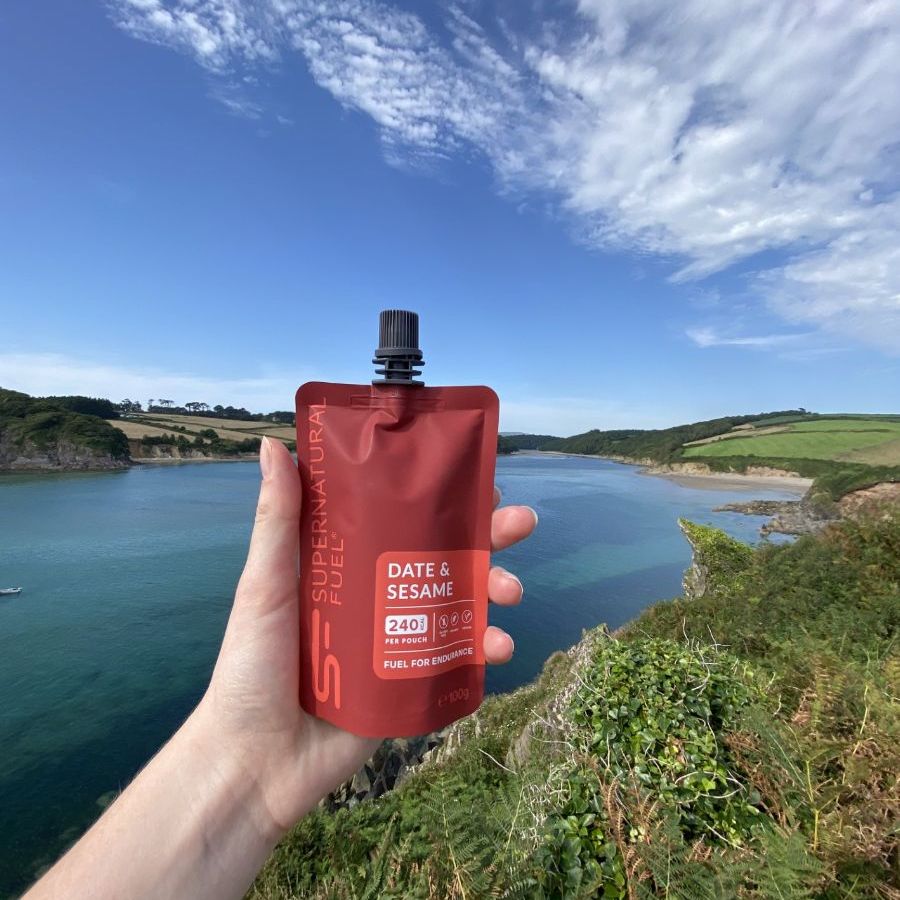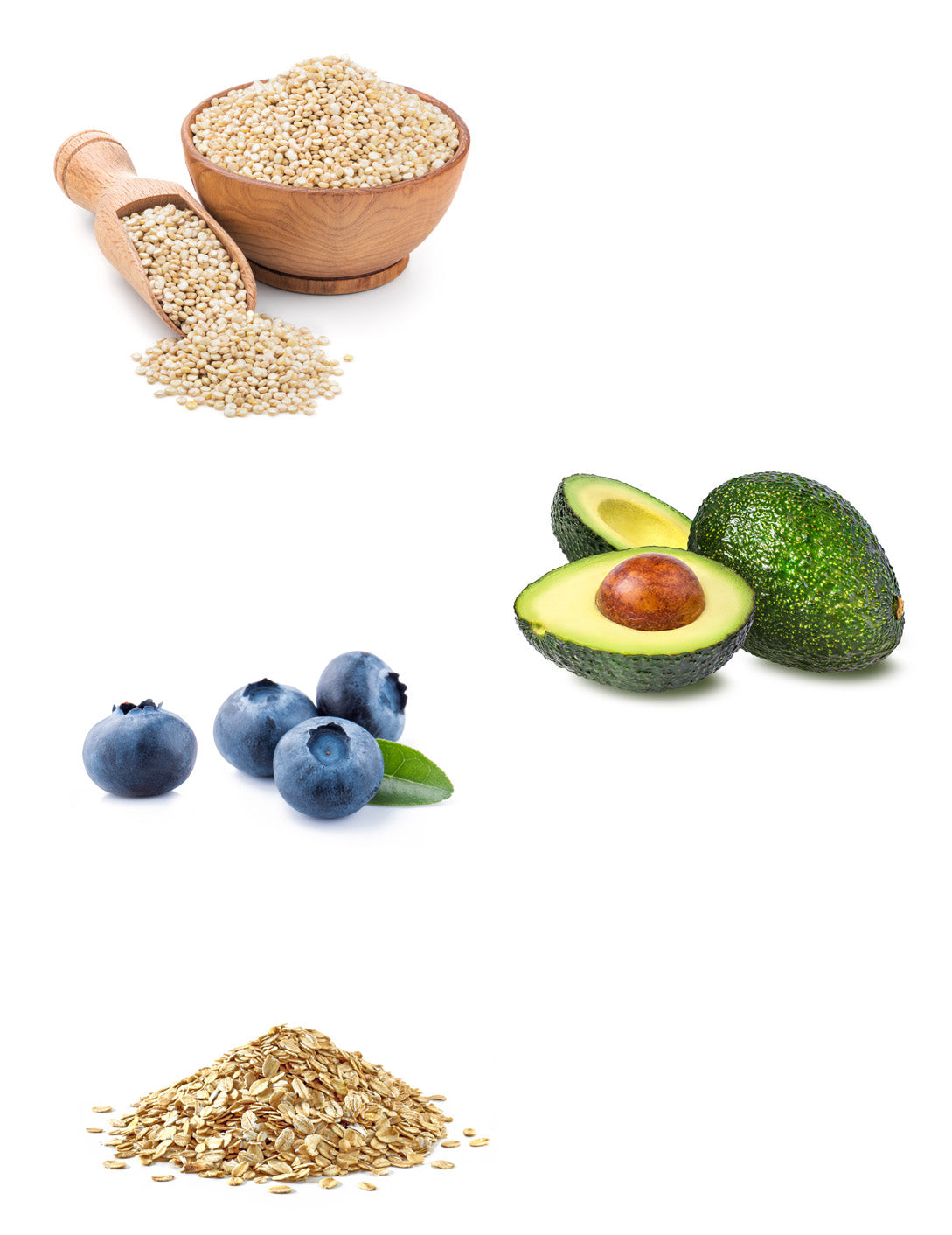
Are you fit but unhealthy?
Optimising Your Sports Nutrition – Beyond Simple Carbs
As an athlete, you are constantly pushing your body to its limits. Proper nutrition is crucial not only for peak performance but also for long-term health. The study “Athletes: Fit but Unhealthy?” published in Sports Medicine - Open, offers valuable insights into how certain dietary choices can impact your health and performance. Here’s what you need to know.
What You Need to Know
- The Role of Micronutrients
- Understanding Overtraining Syndrome (OTS)
- Balanced Nutrition Approach
- Implementing Nutrition in Training
- Convenient Nutrition
- Practical Steps for Athletes

Balanced Nutrition Approach
To combat these issues, athletes should focus on a balanced diet both in general and during training sessions. Here are some key components and strategies:
Healthy Fats: Avocados, nuts, seeds, and oily fish support cellular health and sustained energy.
Complex Carbs: Whole grains, vegetables, and legumes provide steady energy and prevent blood sugar spikes.
Quality Protein: Lean meats, dairy, eggs, and plant-based proteins are essential for muscle repair and growth.
Variety of Vegetables and Fruits: Rich in vitamins, minerals, and antioxidants to combat oxidative stress.

Implementing Nutrition in Training
A balanced nutrition approach should be integrated into your training regimen as well. Here's how:
High-Intensity Sessions and Races: During these periods, simple, processed carbohydrates like sports gels and drinks can be beneficial. They provide the quick energy needed to sustain high performance levels. It’s important to practice using these products in training to ensure your body can handle them effectively during competitions.
Low-Intensity and Long Training Sessions: During these times, focus on metabolic flexibility by using more complex, whole foods. This might include energy from nuts, whole grains, and fruits, which provide sustained energy release and help train your body to efficiently use fat as an energy source.
Convenient Nutrition with SupernaturalFuel
While maintaining a varied diet is ideal, practical challenges often arise. Supernatural Fuel offers a convenient, packaged solution that aligns with these nutritional principles. Their products, free from excessive simple carbs and rich in natural ingredients, ensure you get the necessary nutrients for optimal recovery and performance. We at HP3 are proud to partner with Supernatural Fuel to support our athletes holistically.

Practical Steps for Athletes
1. Fueling for the Work Required
General Nutrition: Your daily diet should match your overall training demands. On heavy training days, you might need more carbohydrates and protein, while on lighter days, you can focus more on fats and vegetables.
In-Training Nutrition: Tailor your nutrition to the specific demands of each session. Use simple carbs for high-intensity workouts and competitions, and opt for complex carbs and healthy fats during low-intensity or long-duration sessions.
2. Plan Your Meals
Balanced Meals: Ensure each meal contains a mix of proteins, fats, and complex carbohydrates. This balance helps sustain energy levels and supports recovery.
Meal Timing: Plan meals around your training schedule to maximise energy availability and recovery. For instance, a meal rich in complex carbs and protein can be beneficial after a workout.

(Practical Steps for Athletes)
3. Read Labels
Ingredient Awareness: Avoid products with high amounts of added sugars and artificial ingredients. Focus on natural, whole food ingredients that provide essential nutrients without unnecessary additives.
Nutritional Content: Check for balanced macronutrients to ensure you're getting a mix of carbohydrates, proteins, and fats that support your training needs.
4. Hydrate Properly
Water and Electrolytes: Proper hydration is crucial for performance and recovery. Use water and electrolyte solutions that don’t contain excessive sugars to maintain hydration levels without causing spikes in blood sugar.
Hydration Timing: Hydrate consistently throughout the day, not just during training sessions, to support overall bodily functions and recovery.

Conclusion
Optimising nutrition is important to help prevent over training syndrome and enhancing overall health. Embrace a diet rich in micronutrients and avoid heavily processed simple carbs to improve performance and well-being. For more detailed insights, read the full study here. Stay strong, recover well, and fuel right with HP3 and Supernatural Fuel!
Author and Supernatural Fuel Ambassador Tim Piggott is a sports physiotherapist, university academic, and endurance coach with over 20 years of experience working with beginners through to international and Olympic athletes across a multitude of sports.



